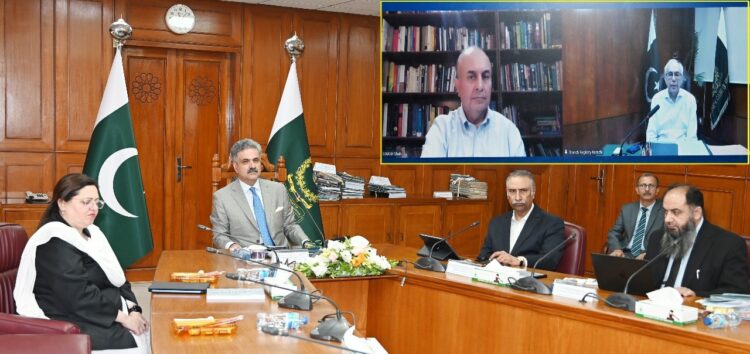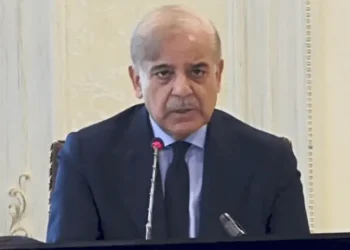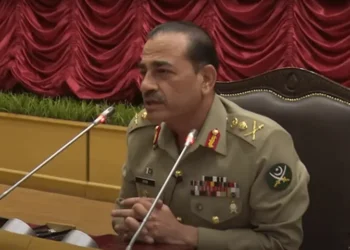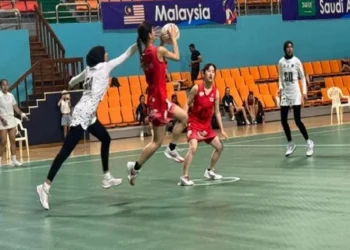By Asif Naveed
ISLAMABAD; The Supreme Judicial Council (SJC) has issued a revised judicial code of conduct, barring judges from speaking to the media or participating in public debates on political issues.

The meeting was chaired by Chief Justice of Pakistan and SJC Chairman Justice Yahya Afridi at the Supreme Court. Justice Syed Mansoor Ali Shah and Justice Munib Akhtar joined via video link, while Justice Aalia Neelum, Chief Justice of the Lahore High Court, and Justice Sardar Muhammad Sarfraz Dogar, Chief Justice of the Islamabad High Court, attended in person.
According to the amended code released on Saturday, judges must refrain from public controversies, including speeches, writings, debates, or comments, particularly on political matters, even if they involve legal questions. The new code strictly prohibits any interaction with the media that could lead to public debate or affect institutional discipline.
These changes reverse a previous amendment introduced during the tenure of former Chief Justice Qazi Faez Isa, which had allowed judges to respond publicly to allegations.
Under the newly added Article 15, judges must now submit written responses to a committee — comprising the Chief Justice of Pakistan and four senior judges — through the Supreme Court Registrar for an official institutional reply.
The article also emphasizes that judges must act with intellectual integrity and moral independence, countering any internal or external pressures using legal means. If such means are unavailable, the judge must report the issue in writing to the relevant chief justices and senior Supreme Court judges.
Furthermore, Article 13 prohibits judges from soliciting invitations to foreign or international conferences or events. Any invitations received must be forwarded to the relevant chief justice for approval. Seeking invitations independently will now be considered misconduct.
The SJC also reviewed 74 complaints under Article 209 of the Constitution. Of these, 65 were dismissed, one deferred, and two were selected for further action. Since October 2024, the Council has reviewed 155 complaints, with 87 cases still pending initial consideration.





































































